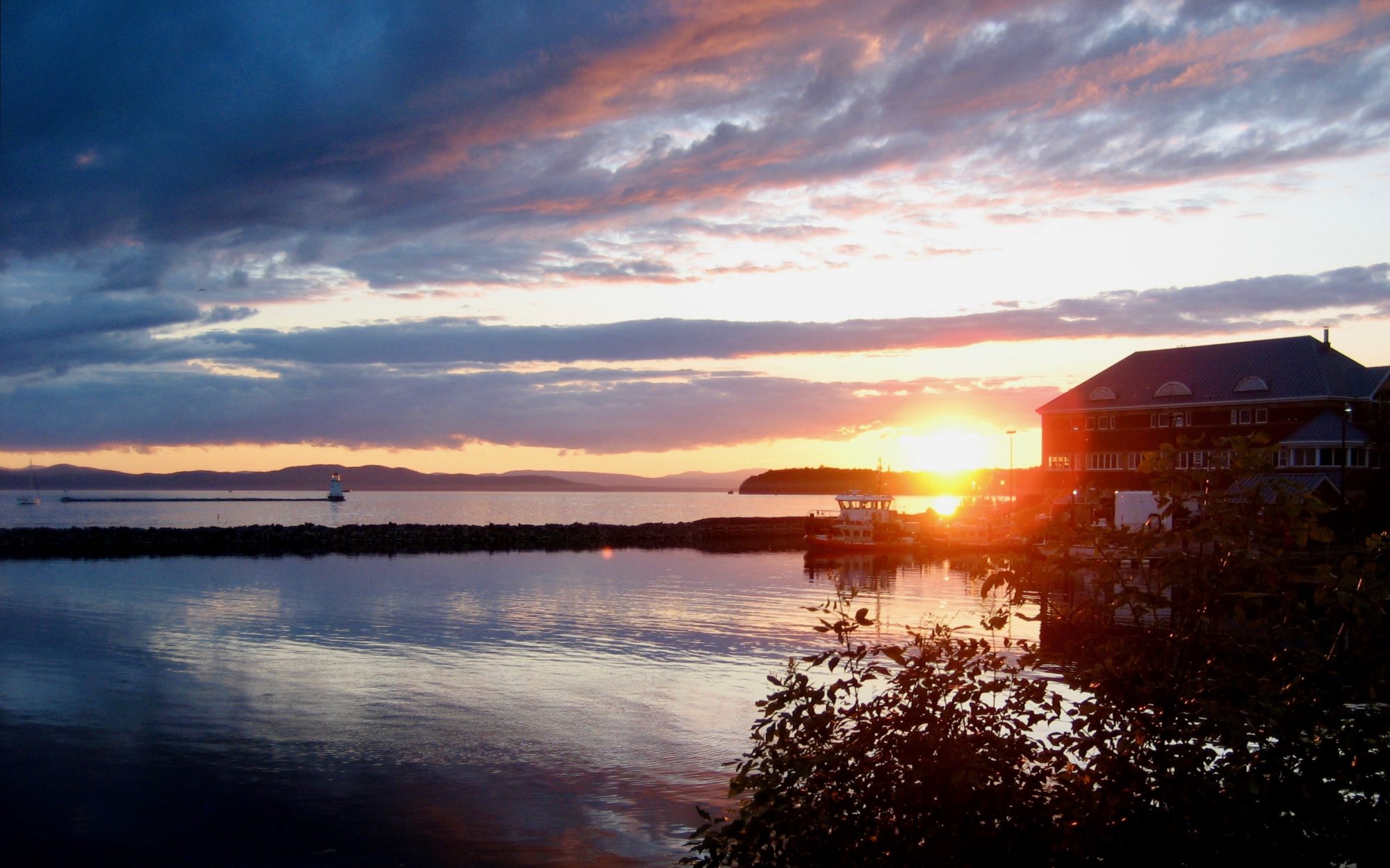Sunday, or the seventh day, was a day of rest, church, relaxation and superbowl. It was good seeing all my friends back in Knoxville and attending ORBC again after a month out in Memphis. Everyone except me went to Buffalo Wild Wings for the Superbowl and it sounds like they thoroughly enjoyed it. Lots of wings, a good game and new friends.
 Yesterday was a day of several lectures. We started the day was learning about high altitude illness and progressed into Search and Rescue (SAR). There were a few really interesting bits of information I pickup throughout the morning. I learned that at a high altitude blood could become much to thick. Ugh, that would stink having a stroke because the blood thickens to transport more oxygen.
Yesterday was a day of several lectures. We started the day was learning about high altitude illness and progressed into Search and Rescue (SAR). There were a few really interesting bits of information I pickup throughout the morning. I learned that at a high altitude blood could become much to thick. Ugh, that would stink having a stroke because the blood thickens to transport more oxygen.
After the first lecture talked about high altitude illness the rest of the morning and all afternoon were devoted to SAR. As part of these lectures we instituted two of the three classical search techniques (Efficient and Thorough) practicing them outdoors.
As to the stats of those saved by these techniques, in 2008 there were ~300 saved and a total of ~6000 saved overall since the inception. As to airplane crashes, 100% of the victims alive after EMS arrived survived the extraction and transport to the hospital (includes transport out of the woods). It is an amazing stat given only 21% survived the first 24 hours.
 After another great lunch, we practiced the Efficient search method where everyone lines up and scans the ground for signs. We started out in a field looking for cards the instructor left. Then we progressed to 50% less cards in the woods. In both cases it was not only a matter of not only finding the cards but remembering where we found them so as to recreate the track of the individual and to determine direction of travel. Each card was laid out in the order of being found from the first person and according to the number of steps taken by that individual. This method recreates the track and helps determine the direction of travel by deducing the order of discarding the items.
After another great lunch, we practiced the Efficient search method where everyone lines up and scans the ground for signs. We started out in a field looking for cards the instructor left. Then we progressed to 50% less cards in the woods. In both cases it was not only a matter of not only finding the cards but remembering where we found them so as to recreate the track of the individual and to determine direction of travel. Each card was laid out in the order of being found from the first person and according to the number of steps taken by that individual. This method recreates the track and helps determine the direction of travel by deducing the order of discarding the items.
 Once we learned the efficient method by scanning we progressed to tracking. It is simple. A simple but methodical method but still very much an art. It was fun having the chance to practice this but different in knowing we will be doing it in the very near future. It also made it much more real life.
Once we learned the efficient method by scanning we progressed to tracking. It is simple. A simple but methodical method but still very much an art. It was fun having the chance to practice this but different in knowing we will be doing it in the very near future. It also made it much more real life.
After dinner we had a lecture by Dave Halstead from the University of Tennessee about head injuries. From all his experiences and consults with the NFL, multiple college football teams and high profile athletes Mr. Halstead appears It was a very interesting lecture and was very worthwhile. According to his research it takes ~6 weeks to recover from a concussion or a MTBI (mild traumatic brain injury).




